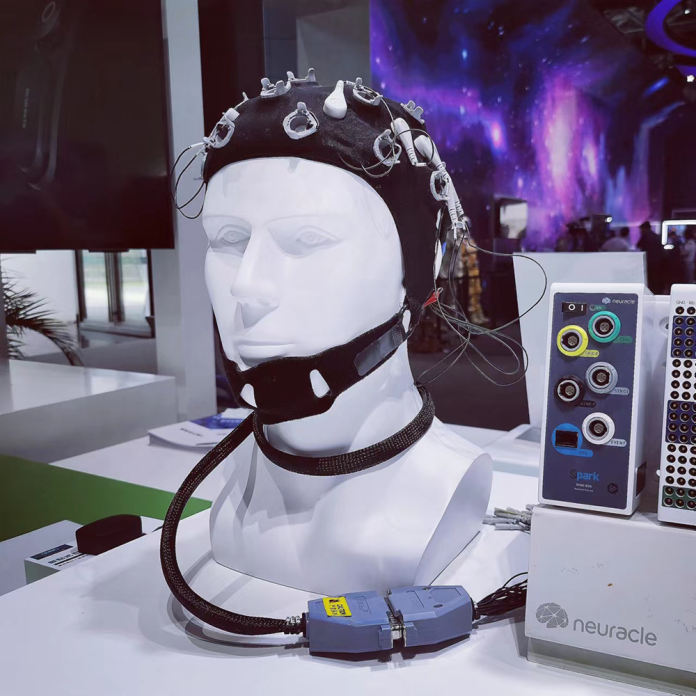Introduction:
In a rapidly evolving world of technological advancements, we find ourselves on the brink of an extraordinary frontier—technology that directly interfaces with the human brain. While this may sound like the stuff of science fiction, recent developments in the field of neurotechnology have brought us closer to a reality where our thoughts can directly connect to the digital realm. In this article, we will explore the potential benefits, concerns, and ethical implications of brain-computer interfaces (BCIs) and whether we are truly ready for this groundbreaking leap in human-machine interaction.
The Rise of Brain-Computer Interfaces:
Brain-computer interfaces are cutting-edge devices that establish a direct communication link between the brain and external devices. They enable the transfer of information from the brain to a computer and vice versa, opening up a world of possibilities. BCIs have the potential to revolutionize numerous fields, such as healthcare, gaming, communication, and even personal entertainment.
The Benefits of Brain-Computer Interfaces:
One of the most promising applications of BCIs lies in the medical field. People with paralysis or motor impairments could regain control over their movements by using BCIs to operate prosthetic limbs or assistive devices. Additionally, individuals with neurological disorders like epilepsy or Parkinson's disease could benefit from improved diagnosis and treatment through real-time monitoring of brain activity. BCIs could also enhance the quality of life for those with neurodegenerative conditions by enabling communication and interaction with the external world.
Beyond healthcare, BCIs offer potential benefits in areas such as gaming and virtual reality. Imagine being fully immersed in a virtual world, where your thoughts and intentions shape the environment and control the gameplay. BCIs could amplify the level of immersion, creating a more intuitive and interactive experience for users.
Challenges and Ethical Considerations:
While the potential benefits of brain-computer interfaces are immense, we must also carefully consider the challenges and ethical implications they pose. Privacy and data security become paramount concerns when we contemplate a technology that can access our thoughts and intimate brain activity. Safeguarding personal information and ensuring consent and control over data usage must be prioritized.
Another ethical concern arises from the potential for BCIs to augment human abilities beyond their natural limits. Enhancements that create disparities in society or challenge the notion of what it means to be human could raise questions of fairness and equality. Striking the right balance between technological progress and ethical responsibility will be crucial in the widespread adoption of brain-computer interfaces.
Are We Ready?
The question remains: are we truly ready for technology that connects to our brain? The answer lies in striking a balance between enthusiasm for innovation and critical evaluation of its implications. Proper research, rigorous testing, and open dialogue among scientists, ethicists, policymakers, and the general public are essential to ensure responsible and beneficial integration of BCIs into our lives.
While BCIs offer immense potential, it is crucial to proceed with caution. Robust regulations, ethical frameworks, and informed consent mechanisms must be established to protect individuals and prevent misuse of this technology. Society needs to collectively determine the boundaries and potential applications of brain-computer interfaces to ensure their ethical and responsible use.
Conclusion:
As we stand on the precipice of a new era in human-machine interaction, the advent of brain-computer interfaces promises to revolutionize how we perceive and interact with technology. While we should embrace the opportunities they present, we must also navigate the ethical considerations and potential risks. Only by doing so can we ensure that this remarkable technology serves humanity's best interests, leading to a future where our minds and machines can collaborate seamlessly and ethically.
Tags
Tech

